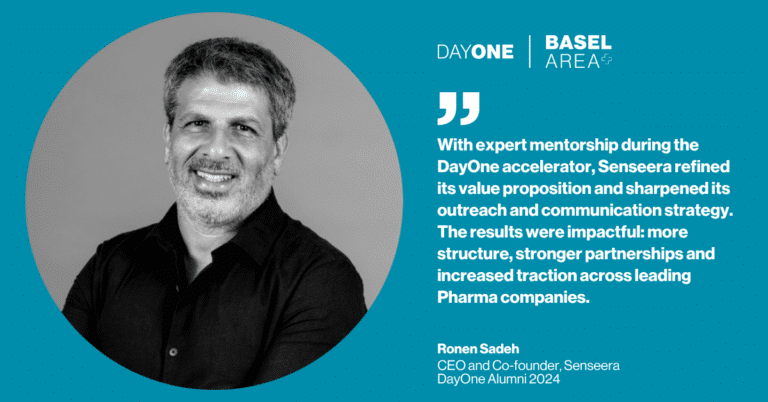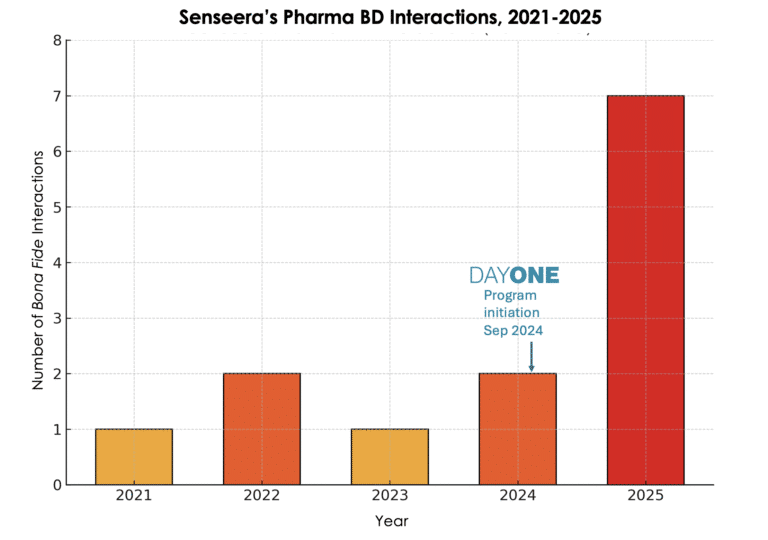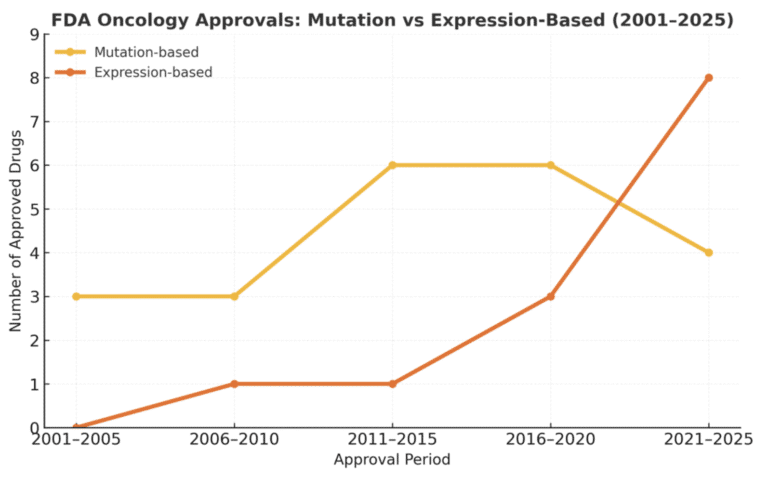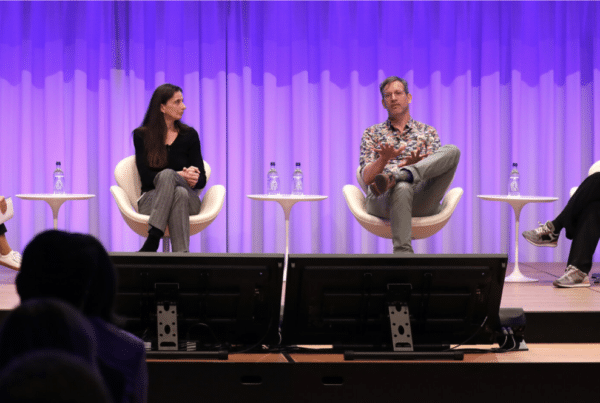
Introduction
Senseera is redefining what’s possible in precision medicine. With its AI-powered chromatin liquid biopsy platform, the company can read gene expression directly from blood, with no tissue biopsy required.
By analyzing cell-free chromatin, Senseera delivers genome-wide expression maps of tissues, tumors and immune cells. It’s a fully automated, clinically validated platform that has already processed more than 20,000 human samples. The result: powerful disease signatures, real-world clinical data and a foundation for both diagnostics and pharma collaborations.
Business highlights
Founded in 2020 from the groundbreaking research of Prof. Nir Friedman at the Hebrew University, Senseera set out to unlock a missing dimension in liquid biopsy gene expression. By combining chromatin epigenomics with advanced computation, its platform generates expression profiles that reveal how cells function, not just what mutations they carry.
Backed by $11M in funding, including a $7M seed round led by Lightspeed Venture Partners, Senseera has built one of the largest liquid biopsy expression datasets to date, a growing patent estate and a fully automated ISO-certified infrastructure ready to scale.
Senseera’s strategy blends pharma collaborations with an internal diagnostics pipeline. On one hand, it partners with drug developers to deliver blood-based expression biomarkers for discovery, patient stratification, treatment monitoring and more. On the other, it’s advancing safer, non-invasive tests for liver diseases, where diagnostics are urgently needed. Two clinical trials, focused on liver transplant rejection and MASH, are already underway.
Profile: Ronen Sadeh, Ph.D.
Ronen Sadeh, CEO and co-founder of Senseera, led the company’s $7M seed round backed by Lightspeed and I-Next Capital, which successfully closed in early 2025. He holds a Ph.D. in Biochemistry and Molecular Biology and trained as a postdoc at Rockefeller University. His research has appeared in leading scientific journals and he’s an inventor on several patents in chromatin biology and diagnostics. Ronen is driven by a clear mission: make expression-based medicine accessible to every patient.
Journey with DayOne
In 2024, Senseera joined the DayOne Accelerator. The program helped the team see Pharma’s world from the inside – how decision-makers think, what data they need and where chromatin liquid biopsy fits best.
With expert mentorship, Senseera refined its value proposition and sharpened its outreach and communication strategy. The results were impactful: more structure, stronger partnerships and increased traction across leading Pharma companies. Figure 1 shows the steep increase in business development activity over the course of the program.
During the program, Senseera deepened oncology collaborations, rebranded its visual identity to better reflect its core business and earned a special grant as one of the best 5 ventures from the yearly cohort. The acceleration program remains a model for how targeted mentorship, specific network, and strategic focus can turn startup innovation into industry impact.

Figure 1 – Senseera Pharma BD interactions (2021–2025)
Unlocking gene expression from blood
For decades, cancer diagnostics revolved around mutations. But medicine has moved on. The biggest breakthroughs today – antibody-drug conjugates, checkpoint inhibitors and tumor-microenvironment modulators – depend on gene and protein expression. Around 2021, expression-based approvals began outpacing mutation-based ones, marking a clear tipping point in precision medicine. Figure 2 visualizes this shift.

Figure 2 – Mutation vs expression-based oncology therapeutics (FDA approvals 2001–2025)
Despite its power, expression data has been trapped in tissue biopsies – painful, invasive and unpractical to repeat. Plasma DNA sequencing can’t reveal which genes are active, while RNA and protein assays in blood are unstable and inconsistent.
Senseera’s chromatin liquid biopsy changes that. When cells die, fragments of chromatin enter the bloodstream, carrying epigenetic marks that show which genes were turned on. Senseera’s patented cfChIP-seq technology decodes those marks, providing a dynamic snapshot of gene activity across tissues and tumors.
Now, expression of key therapeutic drivers, like CEACAM5 or SEZ6, can be detected non-invasively, repeatedly and at scale. What once required tissue and Immunohistochemistry (IHC) can now be done with a highly sensitive and automated blood test.
Looking ahead
Senseera is expanding its clinical collaborations and preparing for a $20 million Series A to accelerate global growth in 2026. The company is strengthening its U.S. presence, broadening into a CLIA-certified portfolio and forming new partnerships in liver disease and oncology.
Its vision is bold yet simple: make chromatin liquid biopsy the new gold standard for expression profiling. Within five years, Senseera aims for its technology to become integral to every clinical trial, every treatment decision and every monitoring program, reshaping precision medicine through the language of expression.
Learn more about Senseera here.


